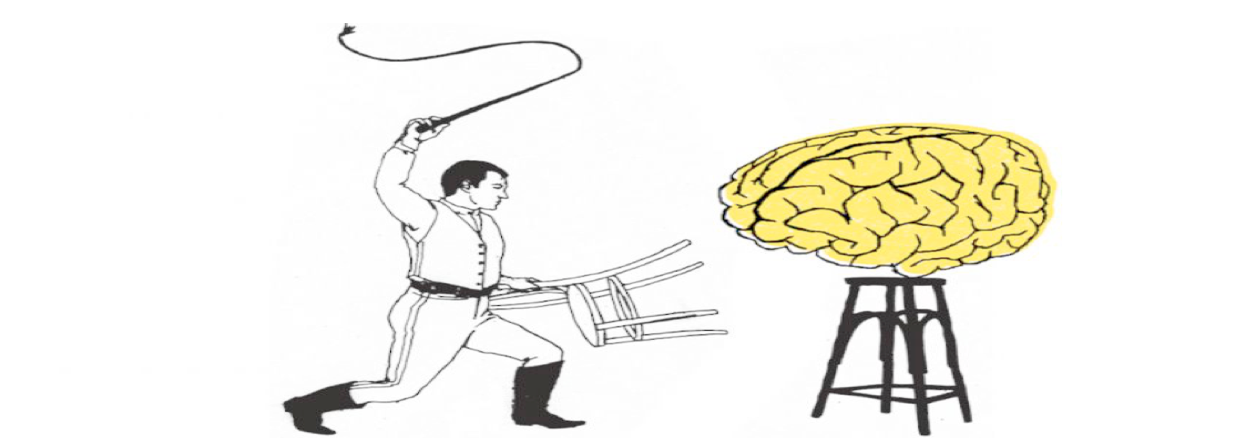Submitted by Nathan ‘Jolly’ Green
Over the last twelve months, I put together a collection of schemes and projects that could have assisted and perhaps even been the future saviour of Saint Vincent and the Grenadines. I put them to a member of the NDP and asked him not to use them before being elected because Gonsalves would adopt them himself to get re-elected.
1/ Crime: A scheme that would guarantee between 25 and 50% reduction in crime.
2/ Agriculture: A major US agricultural corporation ready to invest knowhow and infrastructure in SVG and put every Vincentian farmer back to work and back into the upper-middle-income class.
3/ Industrial: A light engineering assembly plant with jobs approaching 1500, some for intellectuals in the R&D department.
4/ Infrastructure: A previously pre-proven type scheme to protect the Grenadine Islands from water inundation by climate warming and to immediately recover and save Salt Whistle Bay.
All these schemes will now be scrapped because SVG has proven to me they are incapable of controlling, introducing, and mastering such projects by the very fact that they have re-elected the ULP for a further term of five years. Such action will put them in line to follow Venezuela down the road to treachery and bankruptcy. I had already warned and demonstrated to the investing corporations that their investments would be at risk if the leadership of the previous twenty years were re-elected. None of them will now come because they cannot risk their shareholder’s investment.
This morning I wrote to all the players in my saving SVG scheme, they have all agreed not to come to SVG or invest here due to this communist-style ULP government being re-elected.
I had wrongly believed that the Vincentian people could not be bought this time around.
But that was a grave mistake on my part. The pre-election bribery was in full force again as it has been during all the previous four elections. Lumber, galvanise, and cement was distributed to Labour supporters. Little envelopes with $50 or/and $100 passed around the villages. A red T shirt with a $500 note inside. A man caught having voted in a constituency illegally. Talk of a ballot box discovered when delivered containing pre-filled ballot papers, which means that type of fraud probably went undetected all over the island again.
To sum it all up, the Vincentian people who will suffer the most will be the ULP supporters because they are among the poorest of the State. How they could vote ULP when they and their family are hungry, malnourished and without a job, I cannot even start to square in my own mind. But we all know the saying, you get what you wish for, and perhaps deserve.
Not entirely true because the NDP supporters wished for change and deserve better, but over the next five years they like the ULP supporters will experience much worse conditions.
You cannot run a country how SVG has been run for the last twenty years and survive unless of course, Vincentians get wages like what Cubans and Venezuelans get. Some Cuban wages are about EC$60 a week, and in the lower jobs, they get that a month. Venezuelans are 90% unemployed, and those working get about the same as the Cubans, perhaps a little less. But even that is a sign of failure; many Vincentians will not even survive the fall and downdraft of the downward spiral during the next five years.
It is a shame that there are so many easily bought ignorant backward people in Saint Vincent, but those of that category will most certainly suffer the most. This class of person is more likely to rob and be robbed, kill, and be killed, murder and be murdered, rape and be raped, and spend many years incarcerated. All of that will get many times worse, violent crime is out of control. The ULP created poor people will suffer most, such a crying shame.
The NDP supporters are generally business owners, and most others have jobs. I hope they can survive another five years, but unfortunately some will fall into the pit of hell that ULP supporters just dug for the Nation when they re-elected the ULP.
Will Saint Vincent be recoverable after this coming next five years? Perhaps, but I doubt it, SVG will more likely become a total shithole country as the comrade has described some other countries. Or worse than that it may become a mirror image of Venezuela.
I will not be around for the next elections, so I will not be putting any effort into bringing projects to SVG again. My time for helping has now passed.
I cannot accept politicians with dirty hands right up to the elbows, so those of you who do not care about that, bad luck Karma will pre-empt your every move during the next five years.
Bad Luck to those who deserve it, and goodbye to all others.





The blogmaster invites you to join the discussion.